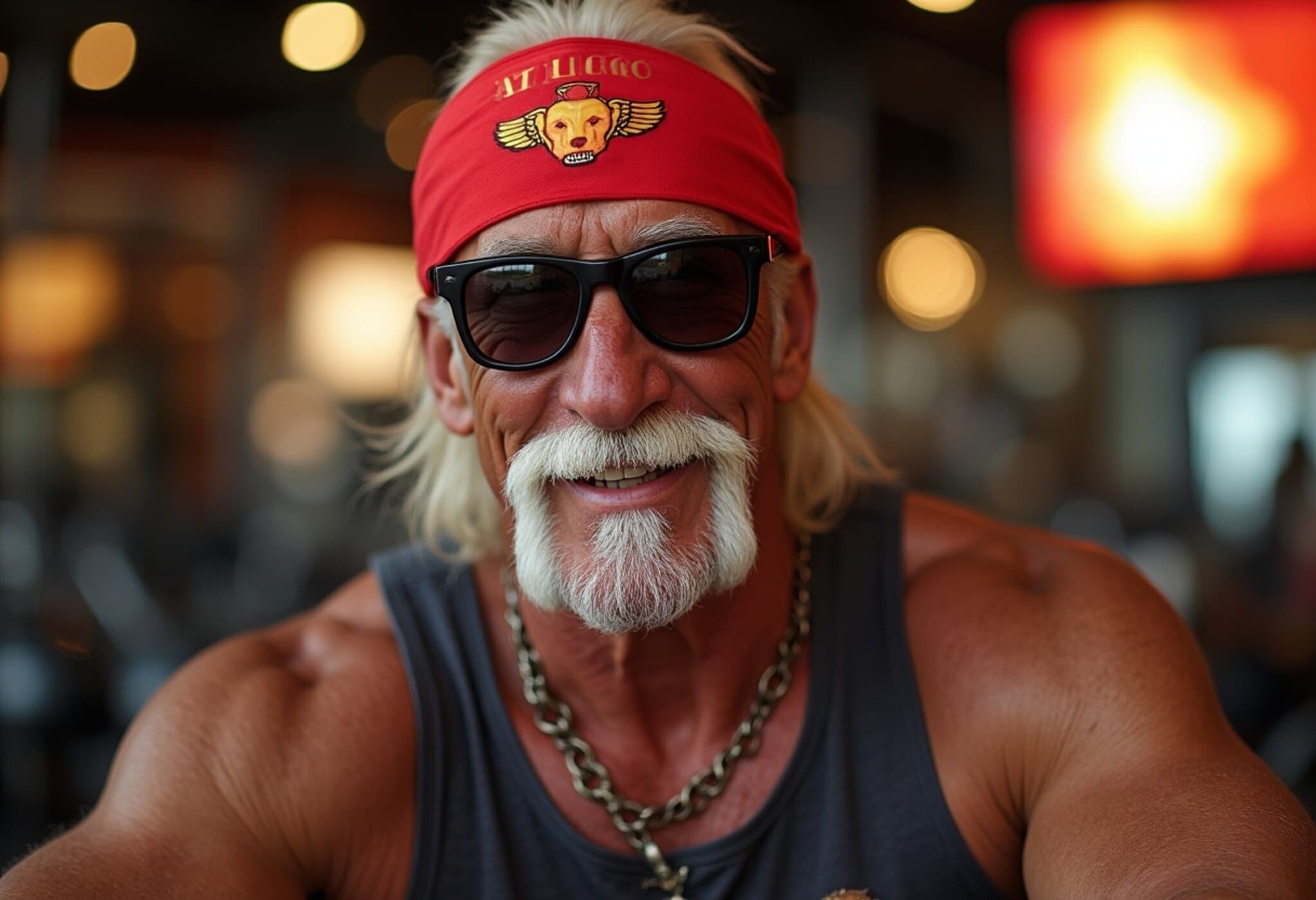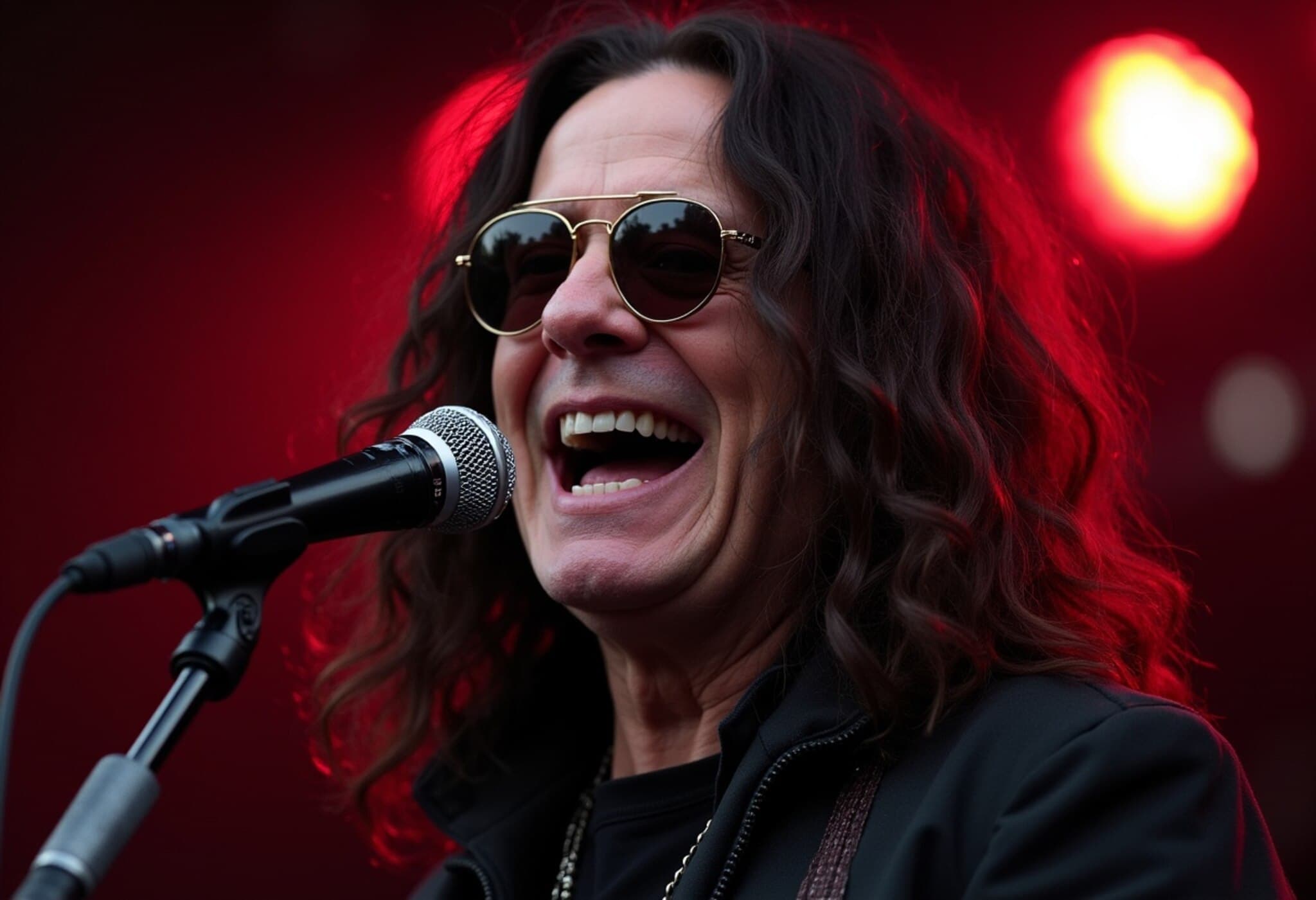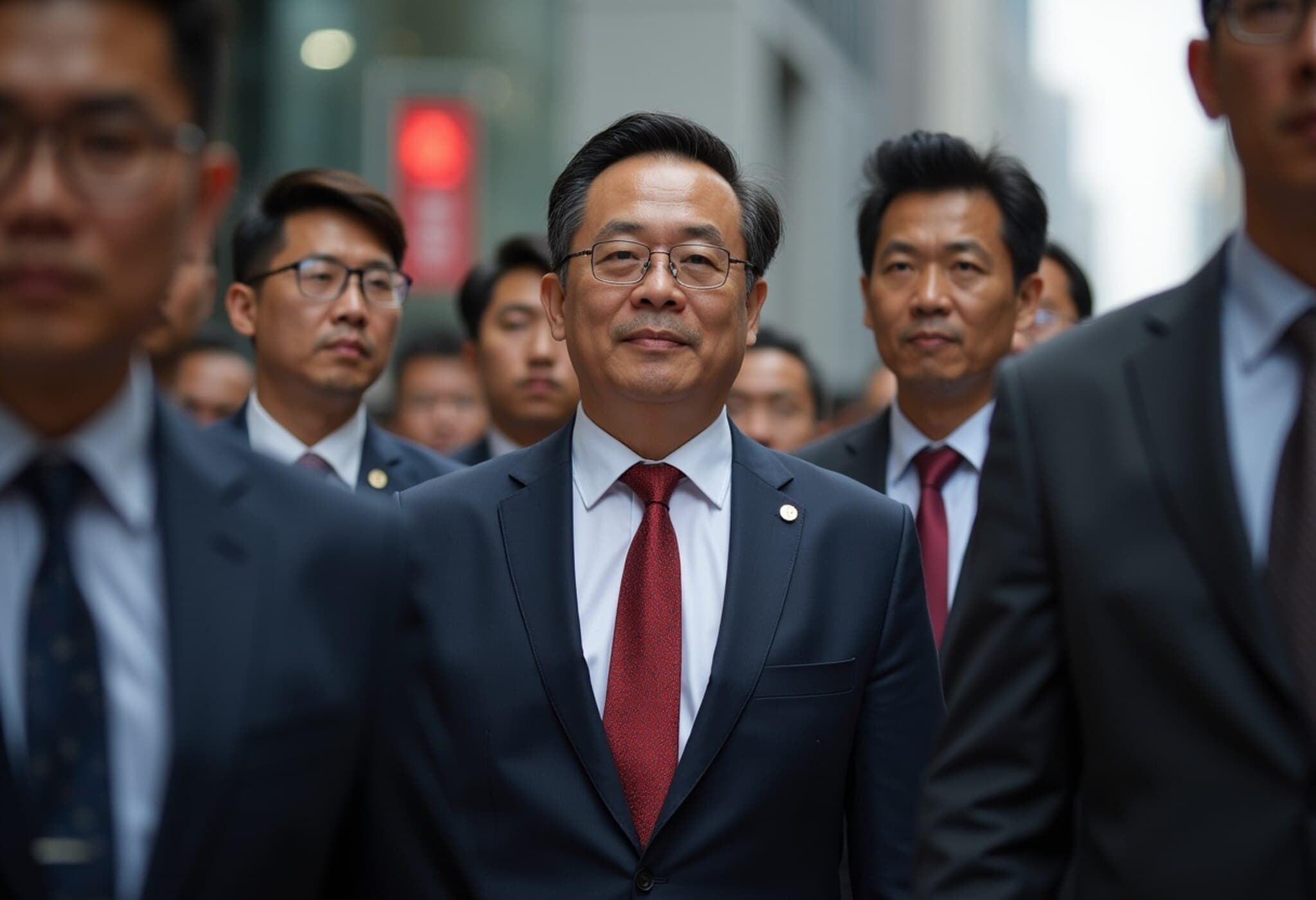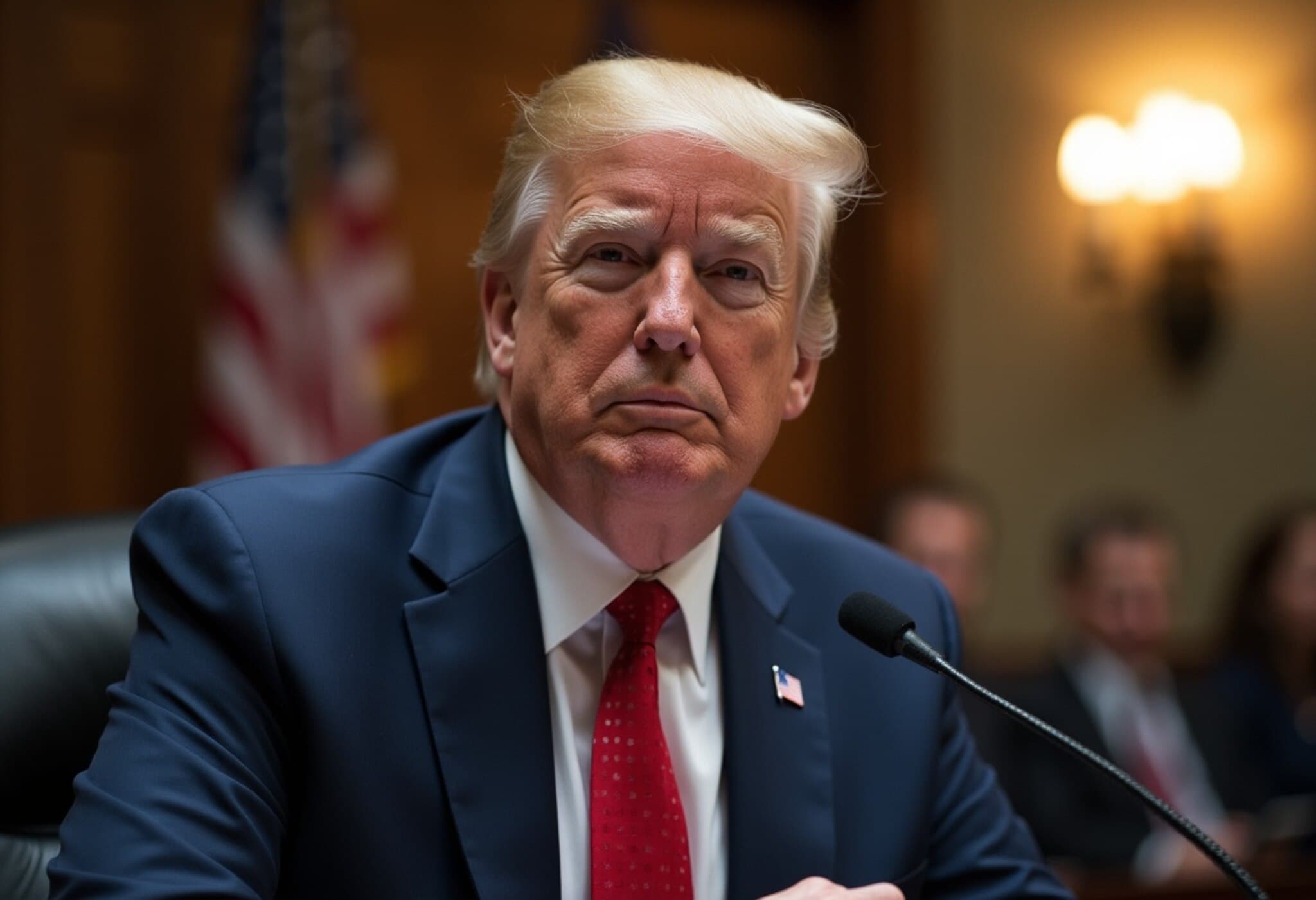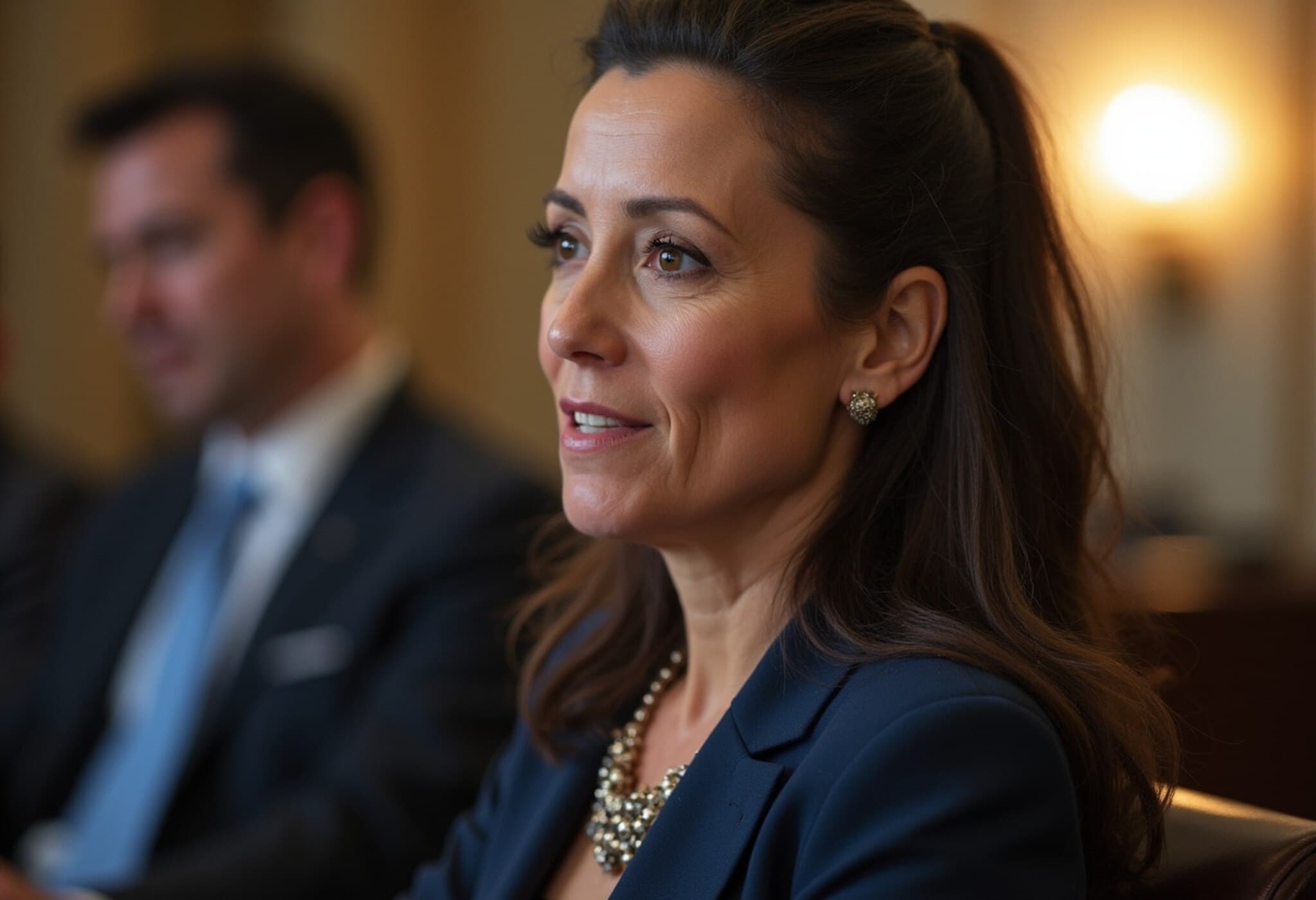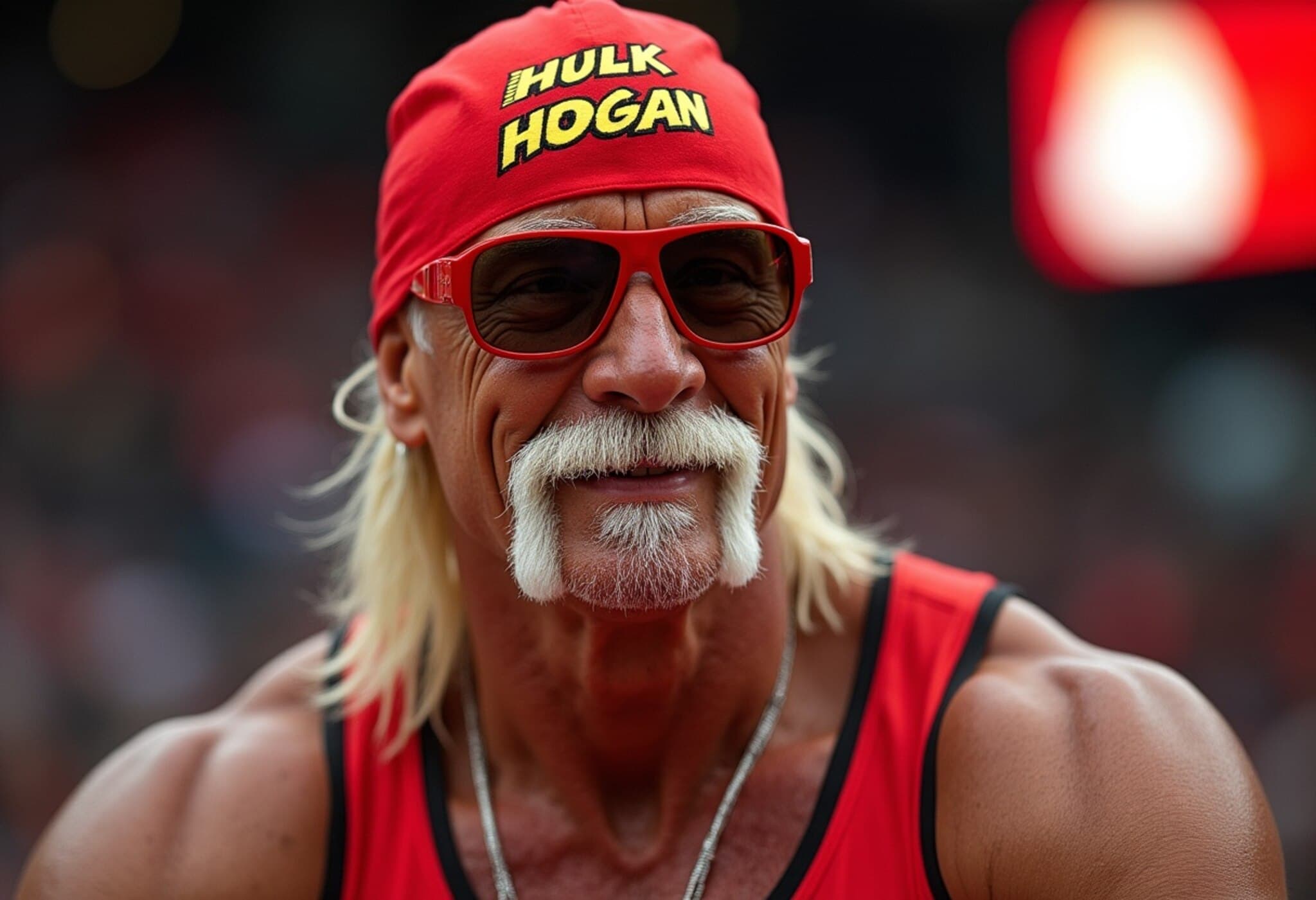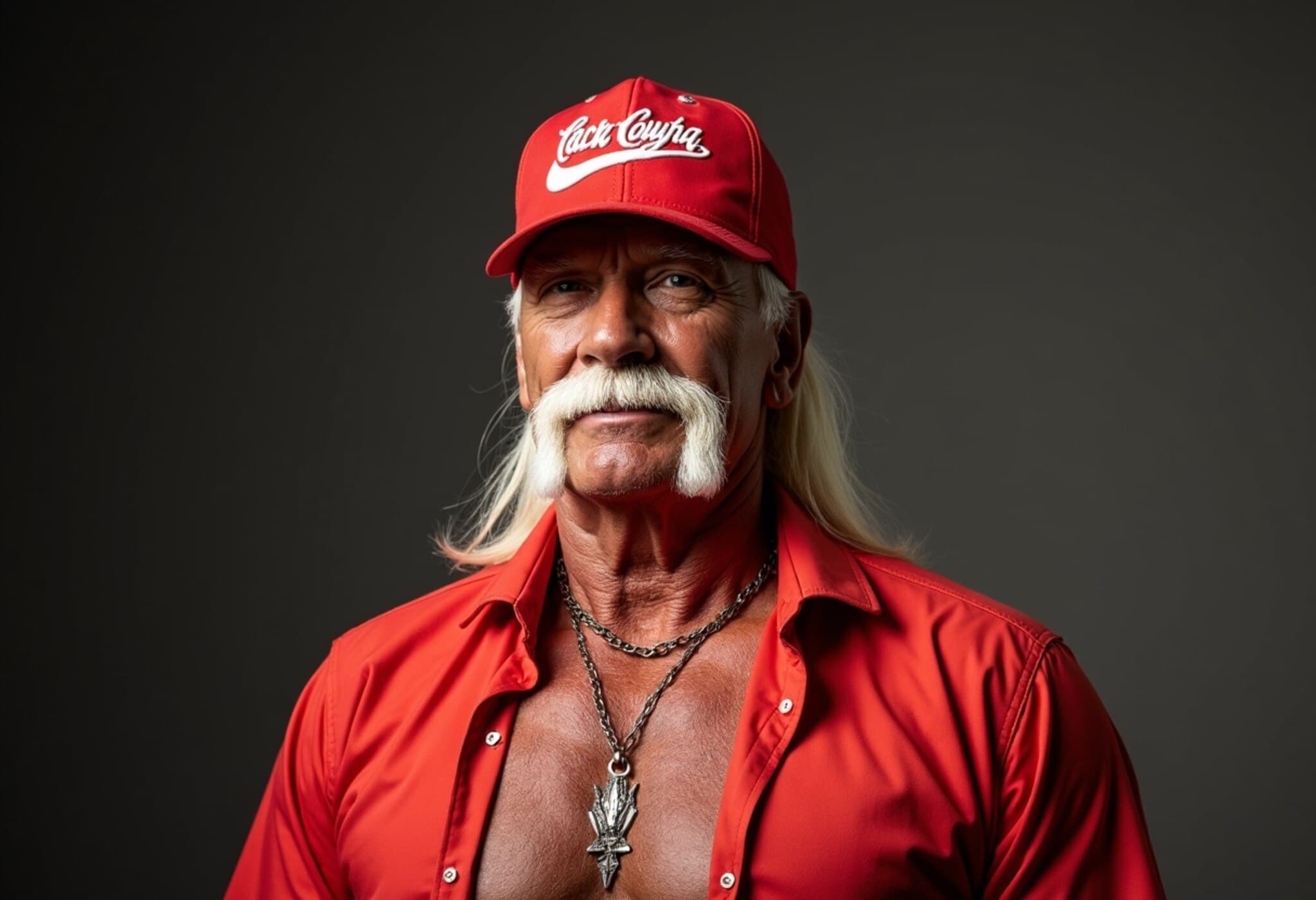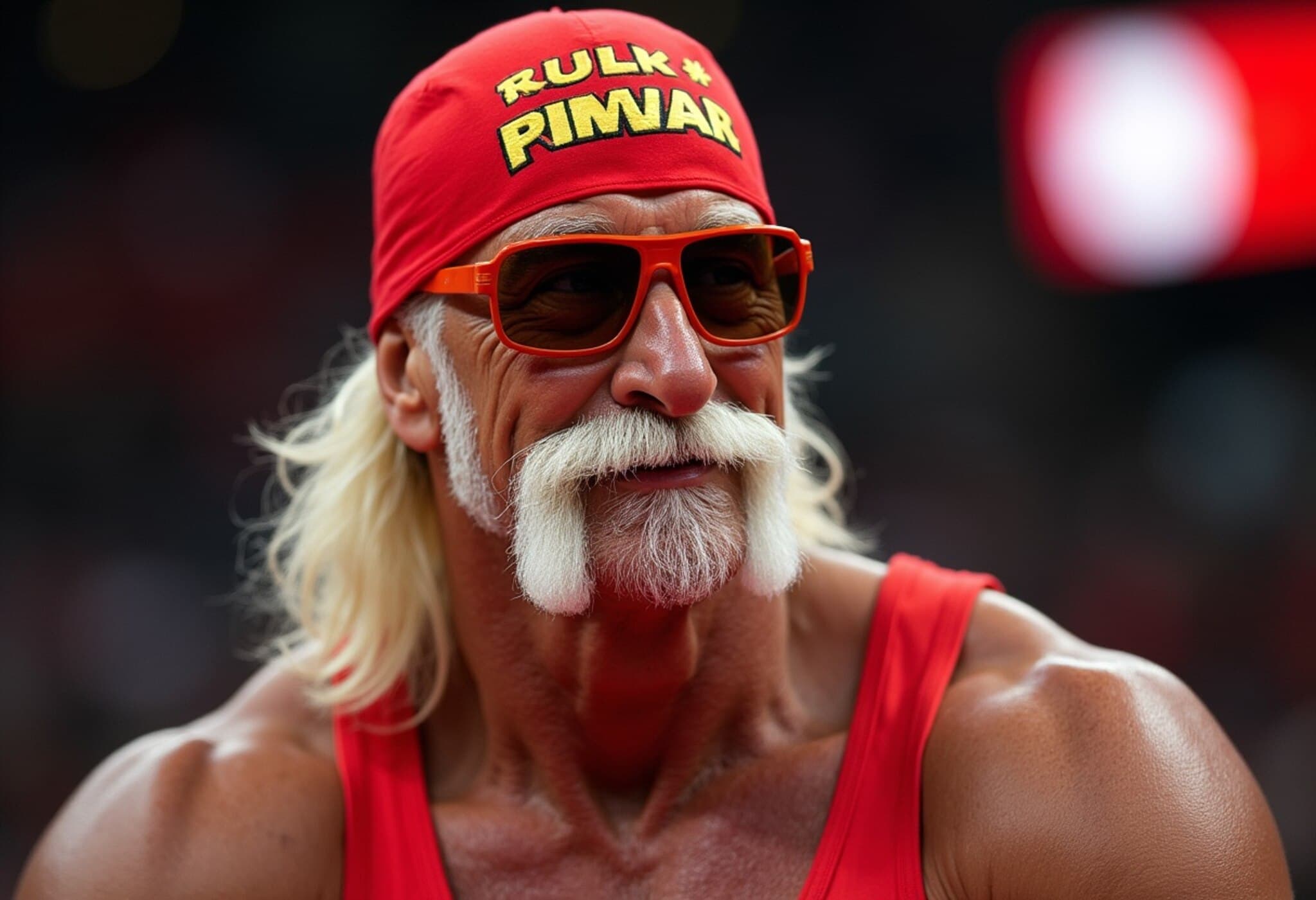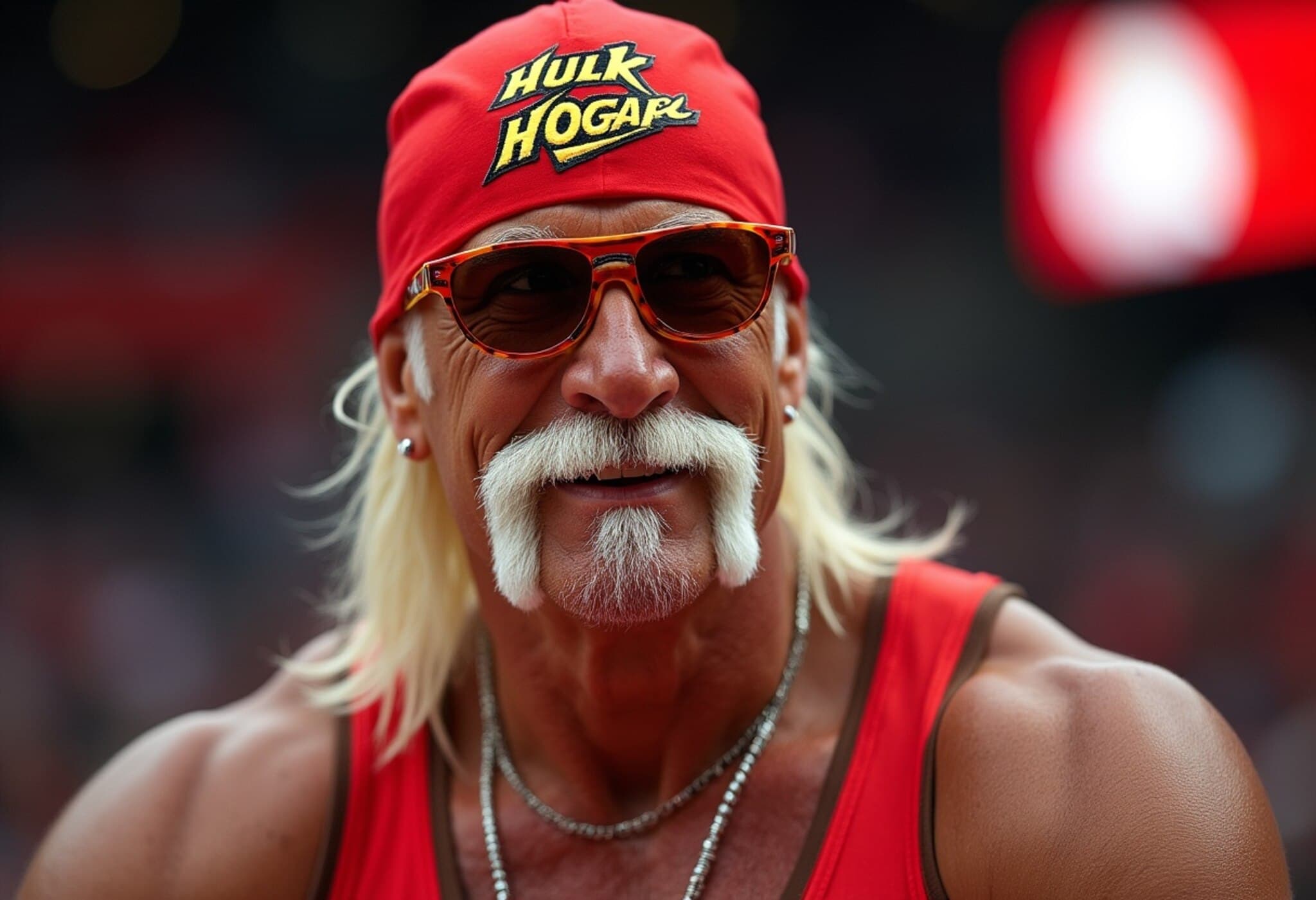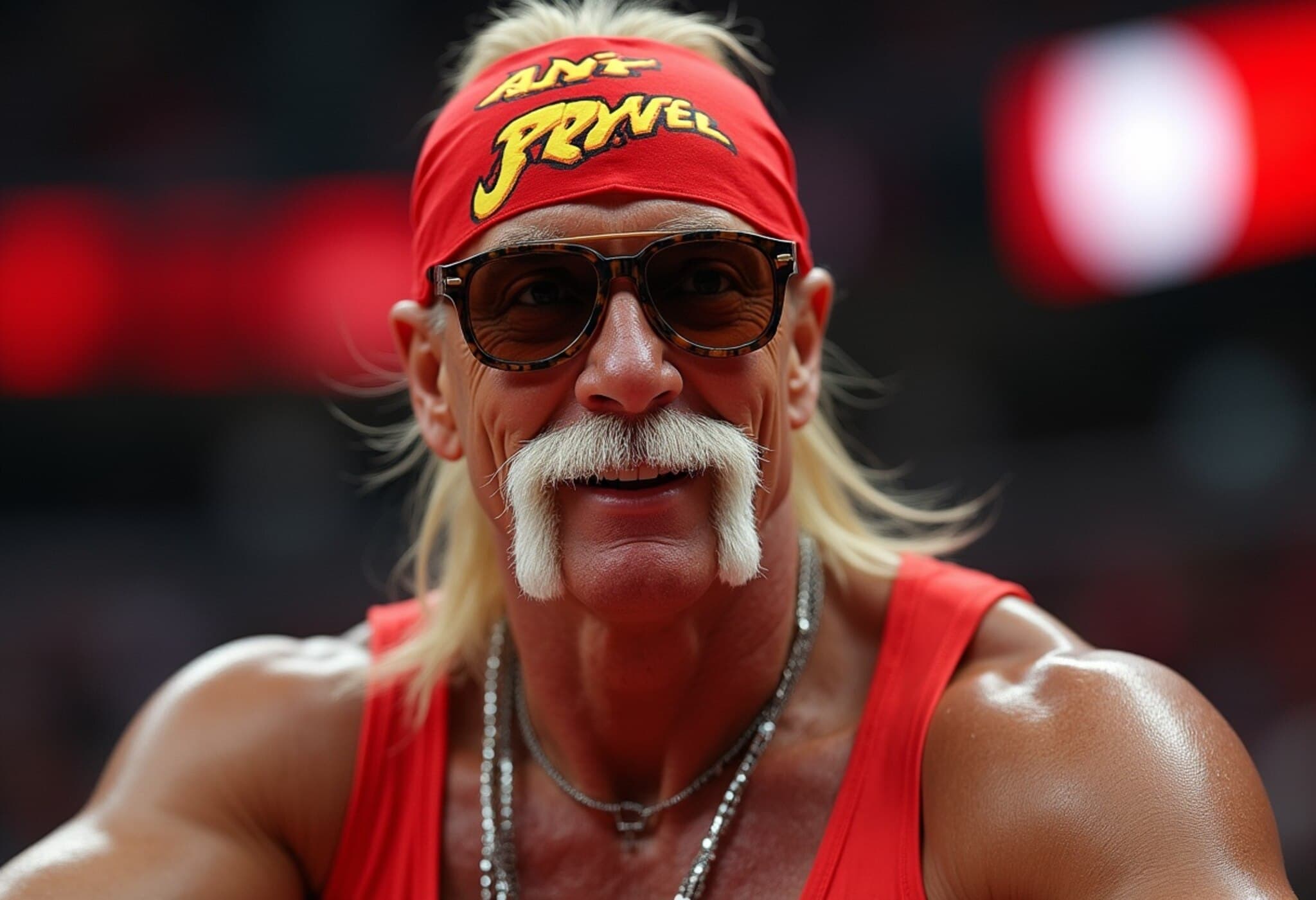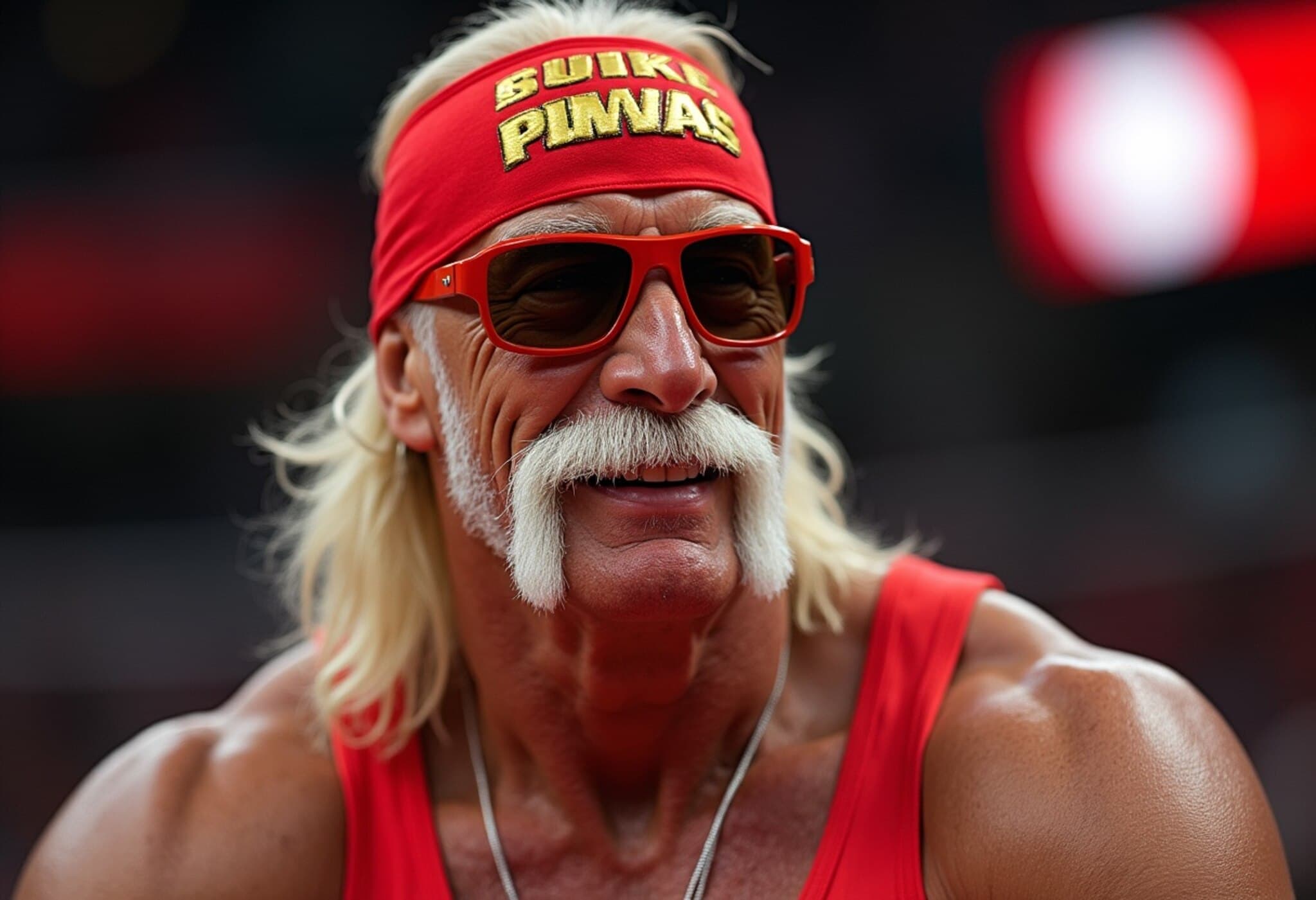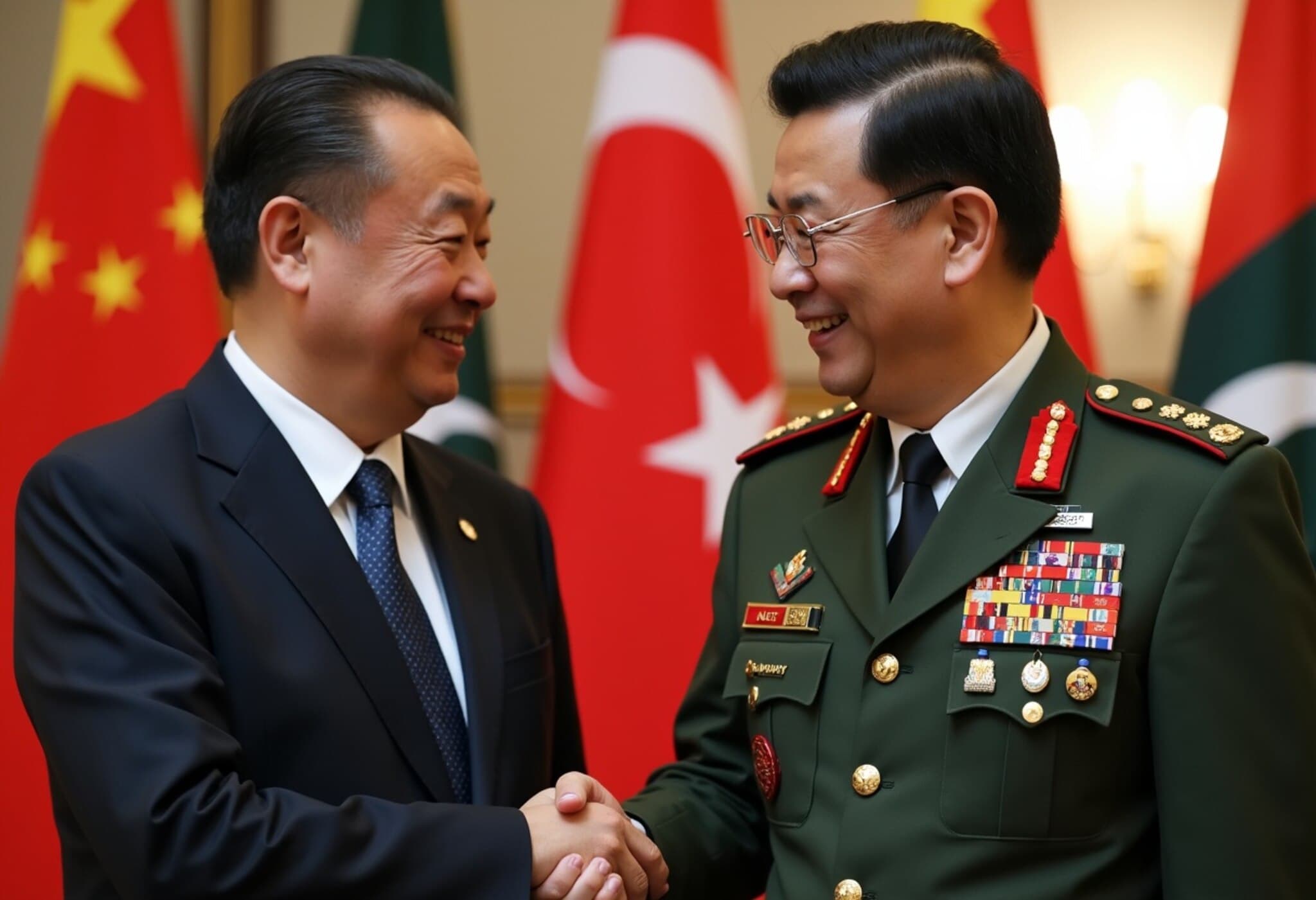How Hulk Hogan’s Privacy Lawsuit Changed the Media Landscape
In a pivotal 2016 civil trial, famed wrestler Hulk Hogan, born Terry Bollea, scored a monumental legal victory against Gawker Media—a case that redefined the delicate balance between celebrity privacy and press freedom. The jury’s initial award of $140 million (later settled for $31 million) not only bankrupted Gawker but also sent shockwaves through media law, highlighting the complexities around publishing deeply personal but truthful content about public figures.
The Trial That Captured National Attention
Hogan’s lawsuit stemmed from Gawker’s publication of a secretly recorded sex tape featuring the wrestler and the wife of his friend, DJ Bubba the Love Sponge Clem. Although Clem consented to recording, Hogan claimed he was unaware and felt profoundly violated when the footage became public. The Florida courtroom became a stage where Hogan's emotional testimony revealed the human toll behind media sensationalism.
According to Hogan’s trial attorney, Ken Turkel, "The privacy aspect was deeply personal for Mr. Bollea. Children Googling 'Hulk Hogan' were confronted with a sex tape instead of his wrestling career highlights. It was hurtful on a very real level." The trial garnered widespread attention, streaming live and drawing viewers globally, intrigued by both the wrestling icon's plight and the broader First Amendment implications.
First Amendment vs. Right to Privacy: A Legal Tipping Point
Gawker argued their publication was protected free speech, citing the tape’s newsworthiness. Yet, the jury sided with Hogan, affirming that certain personal disclosures—regardless of their truth—can be so intrusive and offensive as to overrule press freedoms. This verdict underscored that even public figures retain some privacy rights when it comes to intimate life details. As law professor Amy Gajda notes, "The case alerted judges and the public that truthful information isn’t always fair game if it invades highly private, offensive territory."
Broader Impact: Empowering Celebrities and Reshaping Media Tactics
The Hogan case marked a shift in how privacy and defamation lawsuits are used. University of Iowa law professor Samantha Barbas explains that it "started a trend of privacy claims being weaponized against media outlets, signaling a growing public unease with invasive journalism." We’ve since witnessed public figures, including politicians, pursue aggressive legal actions to challenge unfavorable coverage, raising critical debates over press accountability and rights.
Nonetheless, mainstream news retains broad protections. "Media can still report on public figures' private matters," Gajda clarifies, "as long as there is a legitimate public interest and the coverage is responsible." This subtle balancing act continues to challenge editors, lawyers, and readers alike.
Looking Ahead: Privacy, Press Freedom, and the Digital Age
In an era when social media and digital platforms magnify the reach of personal stories, Hulk Hogan’s case remains a landmark in privacy rights jurisprudence. It invites ongoing questions: How do we protect personal dignity without stifling the vital role of the press? What standards should apply to publishing sensitive but true content about public personalities? These tensions define today’s media environment.
Editor’s Note
The Hulk Hogan lawsuit goes beyond a celebrity scandal—it’s a profound commentary on what privacy means in the 21st century. As citizens and consumers of news, we must grapple with the ethical lines between transparency and intrusion. This case underscores the need for thoughtful media practices that respect individuals' intimate lives while upholding the freedoms that underpin democratic society. The evolving legal landscape will continue to test these boundaries, especially as digital culture reshapes what is public and private.

